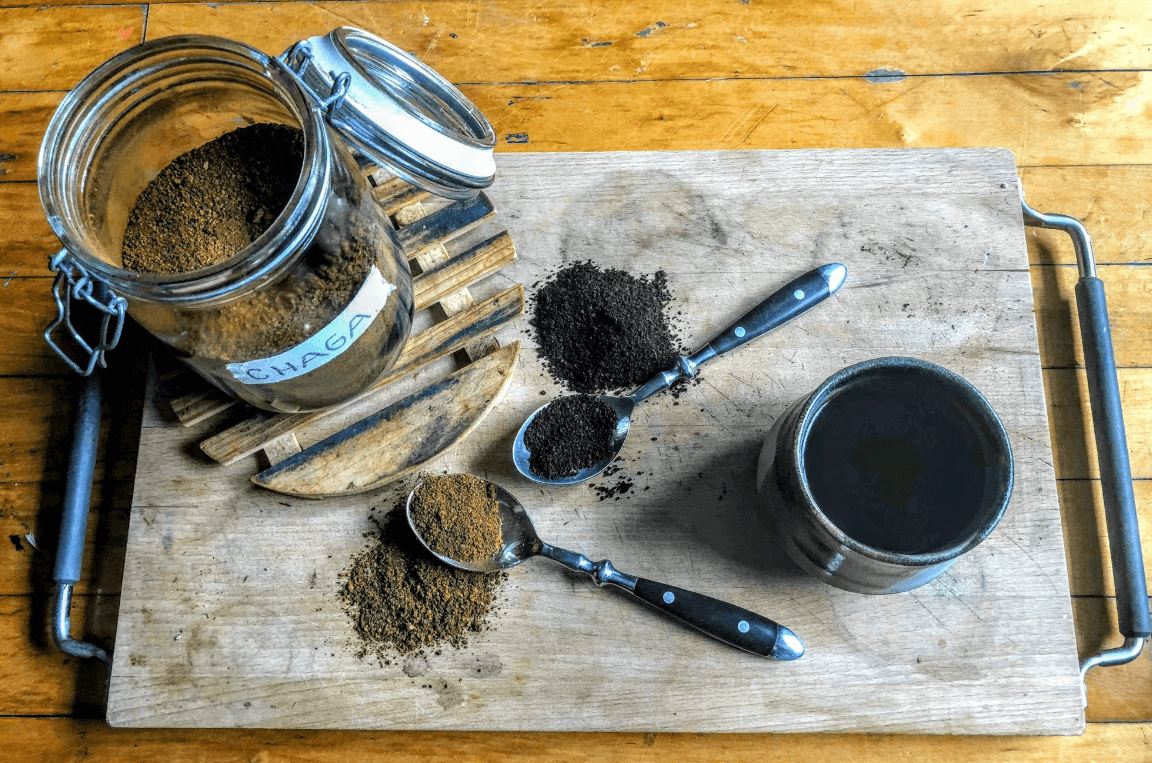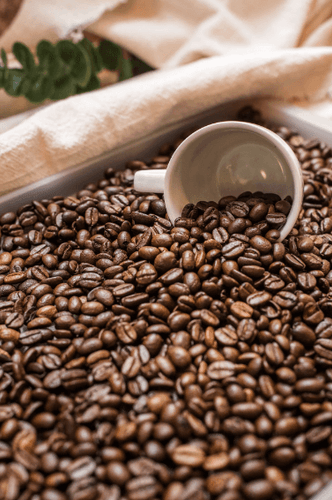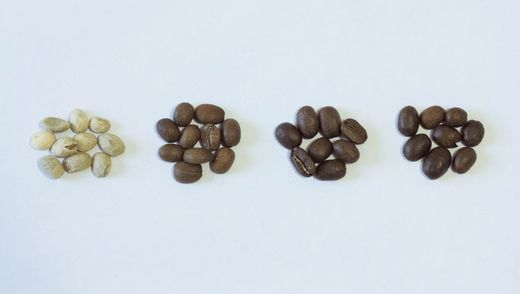Coffee Insights

Featured Articles

Brew It Up: The Perfect Coffee Dosage To Keep You Going All Day Long
Coffee is the go-to beverage for many of us, whether it's to kickstart our day, get through an afternoon slump, or simply enjoy a hot and comforting drink....
Read More
5 Ways Cinnamon May Help Support Brain Health
Cinnamon is a beloved spice enjoyed by millions around the world. Not only is it a common flavoring in countless dishes, but its warm aroma often reminds us of...
Read More
Ingredients: What's in Grateful Earth's Super Brain Blend 3-in-1 Coffee?
Brain Healthy and All Natural Ingredients Our instant coffee is made from the best all natural ingredients. Grateful Earth only sources coffee made out of specialty beans from some...
Read More
Does Coffee Help With Brain Inflammation?
Coffee isn't just a morning ritual for over 1 billion people worldwide—it might be supporting your brain health too. Yes, it's our daily (and favorite)...
Read More
How Soon Do You Feel The Effects of Mushroom Coffee?
So, you’ve got your fresh mug of mushroom coffee, and you’re staring at it like, “Okay... when does the magic happen?” Well, first off, you’re not the...
Read More
Why Grateful Earth Coffee Stands Out from the Rest in Market?
For many of us, coffee is more than just a drink—it’s a daily ritual, a source of comfort, and the fuel that gets us through busy mornings. But not...
Read More
Does Mushroom Coffee Reduce Belly Fat?
The hype around mushroom coffee has only been growing—and for all the right reasons! It is anti-inflammatory, increases focus, and tastes just like real coffee, making it a favorite among...
Read More
100 Best Health & Fitness Tips for Everyone
Fitness is not just about losing weight or building muscle; it’s about creating a lifestyle that supports your overall well-being. From making healthier food choices to committing to regular exercise,...
Read More
Is Mushroom Coffee Actually Good for You? Let's Brew the Facts!
In recent years, mushroom coffee has emerged as a unique and popular trend in the wellness community. Combining the rich, robust flavor of coffee with the health...
Read More
Should You Switch to Mushroom Coffee?
Mushroom coffee is rapidly gaining popularity as a unique alternative to traditional coffee. Touted for its potential health benefits, including improved energy and focus, it may seem like a...
Read More
How to Make Mushroom Coffee for Maximum Health Benefits?
Mushroom coffee has become a popular wellness trend, combining the health benefits of medicinal mushrooms with the beloved ritual of a morning cup of joe. Whether you're new to the...
Read More
Medium Roast vs. Dark Roast Coffee—Caffeine, Flavor, and Strength
When it comes to choosing a coffee roast, many factors come into play, from flavor and strength to caffeine content. Understanding the difference between light, medium, and dark roasts can...
Read More